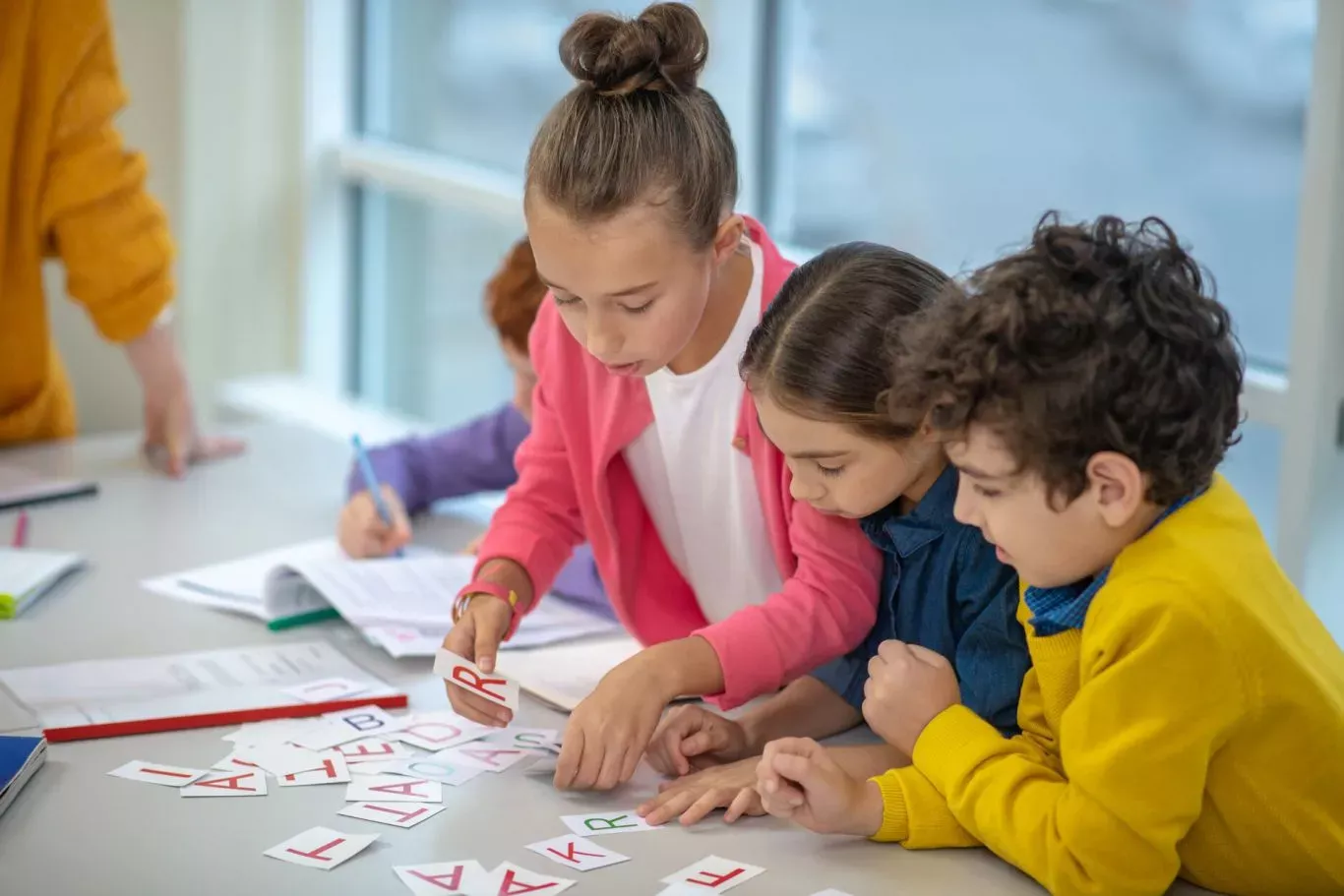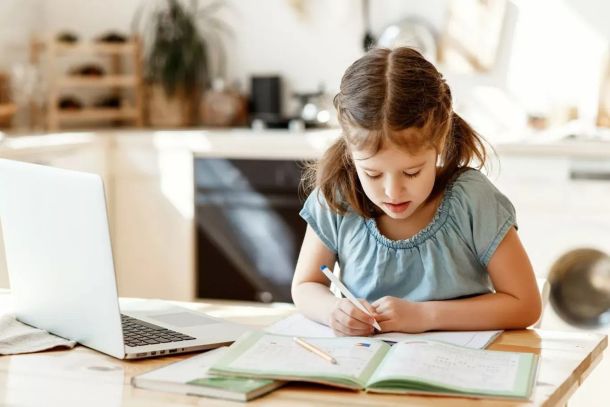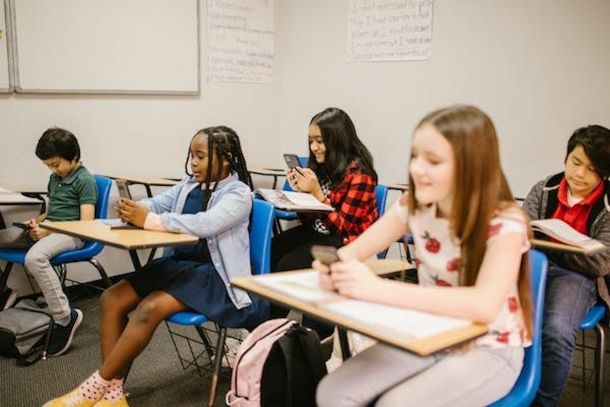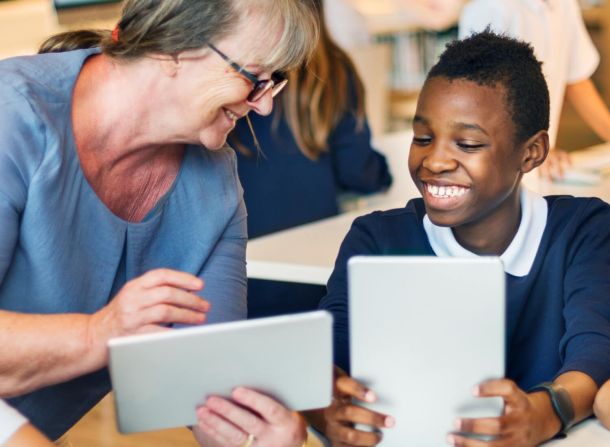
OECD study: early education has a major impact on later development
OECD highlights that early education has a major impact on later development. The first five years are a period of great opportunity, but also risk.
OECD highlights that early education has a major impact on later development. The first five years are a period of great opportunity, but also risk. According to the researchers, a clumsy start in education is reflected in poor later development, both for the individual and for the education system as a whole.
OECD study reports
"A child's development in the first few years of life significantly predicts their later success in education and their ongoing levels of happiness and well-being. The most effective investment governments can make to improve educational and later life outcomes is to provide a strong start in children's early years. Attempting to ameliorate individual or systemic learning problems later in life is less successful and more costly than doing so earlier."
The OECD study points out that the cognitive and social-emotional skills children develop in these early years have a long-lasting impact on their later outcomes throughout schooling and into adulthood. Children thrive in caring families where they feel safe and happy and where they are supported as they learn about themselves and their social, cultural, and physical environment. Children's social-emotional development influences the extent to which they can play well with other children, make friends and develop in groups.
An OECD study shows that parental involvement in a variety of activities with children was positively related to children's socio-emotional development. Poor development of social-emotional skills is reflected: difficulties in learning new skills, low prosocial behavior, poor self-regulation skills, low self-confidence, and low trust in others.
Another key idea highlighted in the OECD study is that social-emotional skills have a strong correlation with other areas of learning. Harvard University points out that not paying attention to children's social-emotional skills development is a disadvantage to their holistic development and success at school and beyond. Children with learning disabilities have been shown to have lower empathy scores and lower ratings of prosocial behaviors and self-confidence.
Literacy, numeracy, self-regulation, and social-emotional skills are strong predictors of success in school and beyond.
Although several domains are important for a child's harmonious development, the OECD prioritizes and ranks four of them as key to predicting school and later adult outcomes: literacy, numeracy, self-regulation, and social-emotional skills. Each one has an independent effect on later outcomes. Children who make good progress in all four domains are more likely to do well at school, achieve their aspirations, become economically independent, and live happily.
In the early years, the most important components of literacy are listening and comprehension, vocabulary, and phonological awareness. Early numeracy skills reflect children's ability to think logically and apply simple numerical concepts. Five-year-olds develop organized ways of thinking and approaching mathematical problems to find solutions and learn that things can be measured, for example by counting objects and comparing lengths and weights. Self-regulation means working memory, inhibitory control, and mental flexibility, which enable individuals to plan, focus their attention, remember instructions and juggle multiple tasks successfully. The OECD points out that five-year-olds begin to form close relationships and develop expectations about their own and others' behavior. They learn to control their emotions and actions, understand others' points of view and empathize. These skills are the building blocks for the later development of more complex social-emotional skills.
Family is a key role in children's early development
Children's home environment is the strongest predictor of their early development. The socio-economic status of their families, parental education, parenting behaviors, and parental well-being all contribute to the home environment children experience and therefore to early learning outcomes.
Activities that parents do with their five-year-olds are linked to their learning and development. OECD highlights that children whose parents read to them every day, make sure there are plenty of books for them at home, involve them in discussion and debate, perform better both in and out of school. In terms of extra-curricular activities, the OECD study shows that moderate participation a few times a week brings better results than daily participation, which is more likely to lead to burnout.
The set of conclusions presented in the OECD study also underlines the idea that policymakers need to base their education decisions on evidence and invest in providing quality early childhood education.
Read more: https://www.oecd-ilibrary.org/sites/3990407f-en/index.html?itemId=/content/publication/3990407f-en
Connect parents to their children's education with Kinderpedia
Kinderpedia's mission is to transform the way schools work by using technology to bring student-teacher-parent collaboration at the core of the learning act. Our secure and easy-to-use mobile interface improves parent engagement in education. Our automated invoicing module simplifies financial management and allows parents to pay tuition fees via the mobile app. With Kinderpedia, managers enjoy a complete perspective on all activities and communication in school or kindergarten. Teachers can easily manage daily schedules, attendance, gradebook, assignments module, and document storage and sharing. Experience the power of Kinderpedia for yourself by scheduling a free demo with us today.

Kinderpedia
The complete communication and management solution for schools and childcare centres.
Simplifies teachers' work and brings parents closer to their children's school progress.
Recommended articles
Want to improve your center quality? Kinderpedia is here to help! Not only do we provide thousands of informational content pieces like blog posts, podcasts, webinars and more, we are also makers of the #1 Rated and Reviewed Childcare Software.







